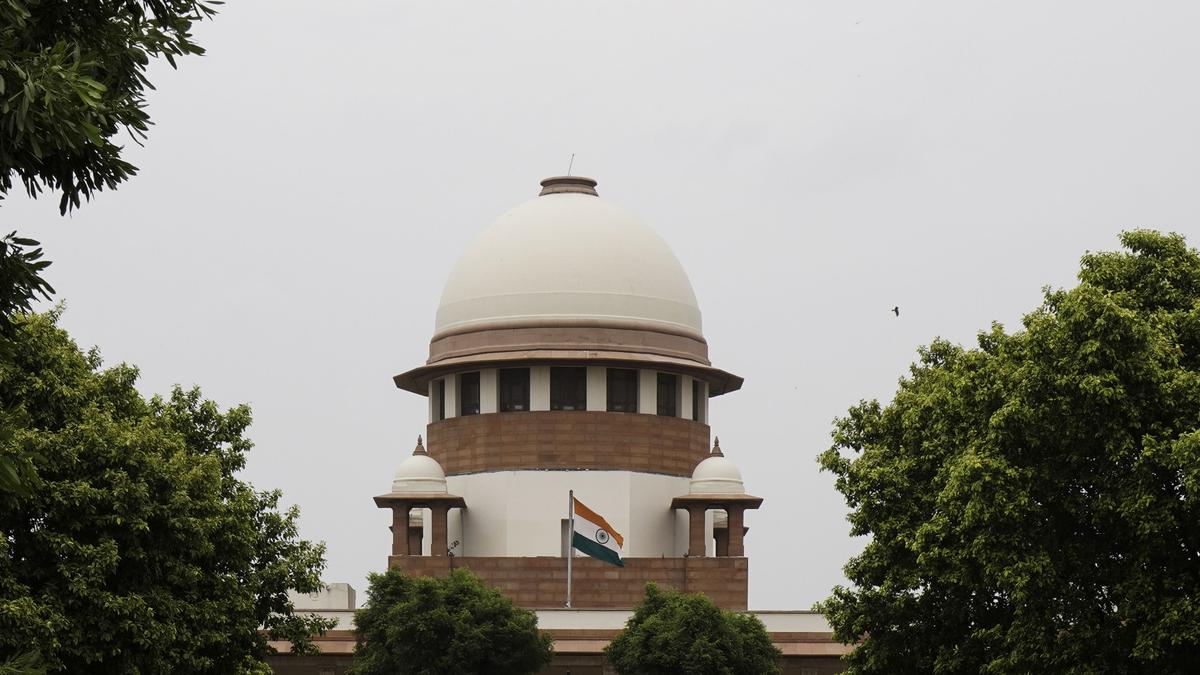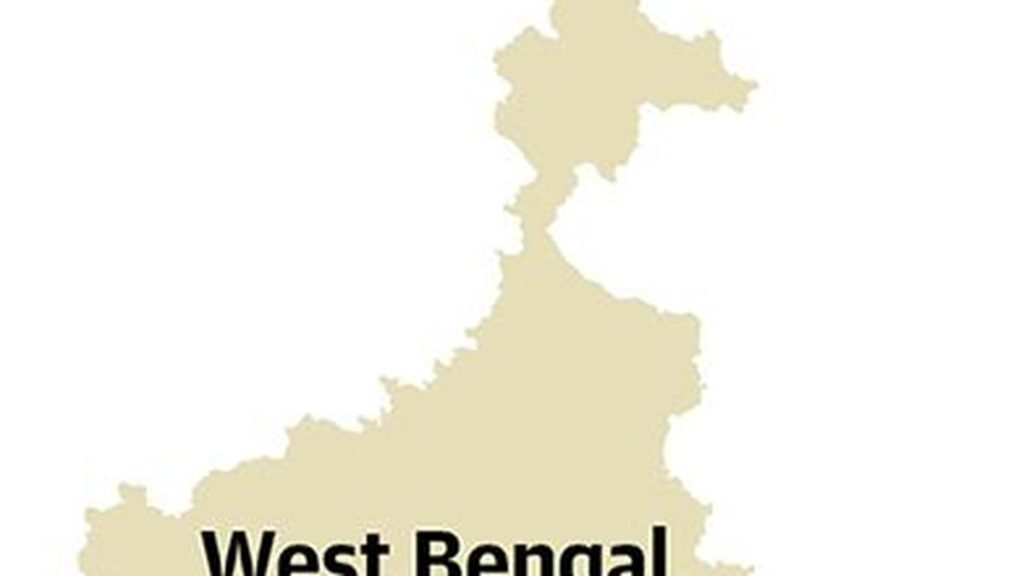Now Reading: Supreme Court Reserves Verdict on ED Summons to Lawyers for Client Advice
-
01
Supreme Court Reserves Verdict on ED Summons to Lawyers for Client Advice
Supreme Court Reserves Verdict on ED Summons to Lawyers for Client Advice

Rapid Summary
- the Supreme Court reserved its judgment in a suo motu case related to the Enforcement Directorate (ED) issuing summons to senior advocates for providing professional legal advice to their clients.
- Solicitor General Tushar Mehta agreed that lawyers could not be summoned for offering opinions on legal issues but emphasized that if legal professionals were involved in actions beyond their professional duties constituting an offense, they would be subject to the same laws as others.
- Lawyer-client privilege under Sections 132-134 of the Bharatiya Sakshya Adhiniyam (BSA), 2023, and earlier Sections 126-129 of the repealed Indian Evidence Act, 1872, was highlighted as recognized statutory rights.
- The court noted specific procedural complexities regarding lawyer-client privilege and decided that broad guidelines might not be appropriate for one isolated incident.
- Bar associations like SCBA and SCAoRA raised concerns about arbitrariness in summoning lawyers, warning of a potential “chilling effect” on advocacy services.
- Chief Justice B.R. Gavai previously criticized ED’s actions as perhaps excessive, while Mr. Mehta cautioned against general comments that could build negative narratives against investigative agencies.
Indian Opinion Analysis
The case underscores a basic debate concerning the boundaries between lawyer-client privilege and investigative agency powers. Lawyers’ roles as impartial intermediaries frequently enough hinge crucially on confidentiality-a cornerstone of legal ethics upheld internationally.If investigative agencies overreach by summoning advocates merely for performing their professional duties, it risks undermining trust within India’s judicial framework.
Judicial restraint observed by Solicitor General Mehta in opposing generalized rulings indicates awareness of preserving delicate balances between ensuring accountability across professions and safeguarding essential freedoms integral to justice delivery systems. Moreover,this also brings forward deeper institutional questions about autonomy and oversight mechanisms without compromising privileges entrenched through statutory rights like BSA provisions cited here.
Irrespective of judgment outcomes-wich remain pending-it is vital these proceedings encourage transparency while steering robust institutional dialog regarding enforcement powers versus profession-specific safeguards required within India’s constitutional framework.Read more: Link

























